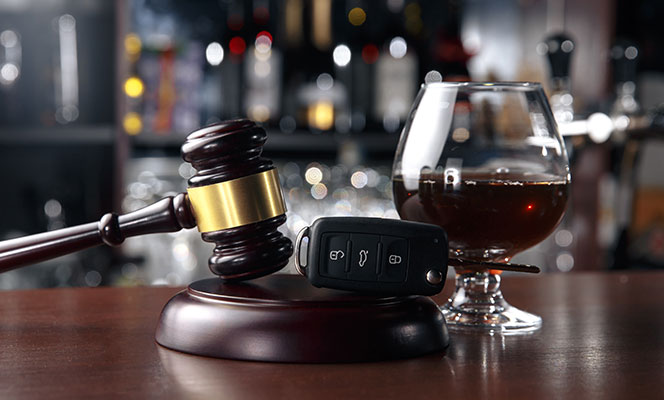Tackling a DUI case can be challenging. While there are those that decide to fight a DUI without a lawyer, but for those who don’t, here are 5 of the most common questions to ask an Indianapolis DUI lawyer before hiring. If you’ve been charged with the suspicion of a DUI or a suspicion of an OWI in Indiana, then you need to call attorney Jesse K. Sanchez at (317) 721-9858 or email at info@jksanchezlaw.com for a consultation today. So, here are the best questions to ask your DUI lawyer.
What is DUI, and Drunk Driving?
One of the first questions to ask your DUI lawyer are pertaining to what is a DUI or what is an OWI in Indiana? While there is a difference between an OWI vs. a DUI, we’re going to discuss a DUI. DUI is an acronym for driving under the influence. A person is guilty of the offense if that person is driving and in actual physical control of the vehicle within the state and the person is under the influence of alcoholic beverages or any chemical substances set forth under the applicable statutes when affected to the extent that his or her normal faculties are impaired or when the person has a blood alcohol level of .08% or higher.
What Does “in actual control of the vehicle” Mean?
The term, “in actual control of the vehicle” means that the individual has or had the capability and power to dominate, direct or regulate the vehicle, regardless of whether or not he or she was exercising that capability or power at the time of the alleged offense. This means sitting behind the wheel with the keys in the ignition may meet this qualification.
Are You Presumed Guilty if You Have a Blood Alcohol Level of .08%?
In any criminal case it is unconstitutional to hold presumption of guilt against the defendant. However, the fact that the defendant had .08% or more by weight of alcohol in his or her blood is “prima facie” evidence that the defendant was under the influence. Studies completed by the National Highway Traffic Safety Administration have believed that you can become an unsafe driver at BAC levels of .08% or higher. .08% is a far cry lower than the initial BAC accepted level of .15% when the legal limit to drive while being intoxicated was first adopted in 1938.
It is widely accepted that the BAC for women is accumulated at a far increased rate than the BAC for men. As an example, a man aged 25 with the average weight of 170 lbs will achieve a BAC of .082% with 5 drinks in a 4 hour period, while a 25 year old woman with an average weight of 130 lbs will achieve a BAC of .088% with 3 drinks in a 2 hour period of time.
Is it Also Unlawful to Drive with a Blood Alcohol Level of .08% or Higher?
Yes, it is a crime to drive with an unlawful blood-alcohol level of .08% or above. If you refuse to take a breath, blood or urine test if requested to submit to one by a law enforcement officer, in most states you could potentially risk a license suspension. By accepting the privileges extended by the laws of the state of Indiana you have given your consent to submit to an approved chemical or physical test of your breath, or to a urine test for the purpose of detecting drugs. However, you may refuse to take such tests unless you are involved in an accident involving serious bodily injury or death to another human being. If you refuse to submit to a breathalyzer in Indiana, which is an implied consent state, this will ultimately result in an automatic suspension of your license.
Breathalyzer laws are different in every state, and Indiana is no exception. If you’re arrested for a DUI in Indiana, with the implied consent law, and if the officer takes away your license, your driving privileges will be suspended for 90 days for the first refusal of a breathalyzer test, or for a year if this is the second refusal to take a breathalyzer test.
How Can the Law Suspend a License Before a Trial?
While the law provides safeguards before an individual can be sentenced you must remember, driving is a privilege, not a right. Because of this, the state may withdraw that privilege if it has lawful grounds to do so. With a first conviction, a jail sentence is generally not mandatory if you’re convicted of a DUI, however this result is not guaranteed. For a second conviction within 5 years of a prior conviction, a minimum imprisonment term of five days is required. For a third within five years, it is considered a felony and the term is between one and five years.
It’s Best to Talk to a DUI Lawyer
If you’ve been charged with a suspicion of DUI/OWI, it’s best to speak with a lawyer that handles DUI cases. Give The Law Office of Jesse K. Sanchez a call today at (317) 721-9858 for help today. It’s time to find the best DUI/OWI lawyer for your case. We are here for you.




